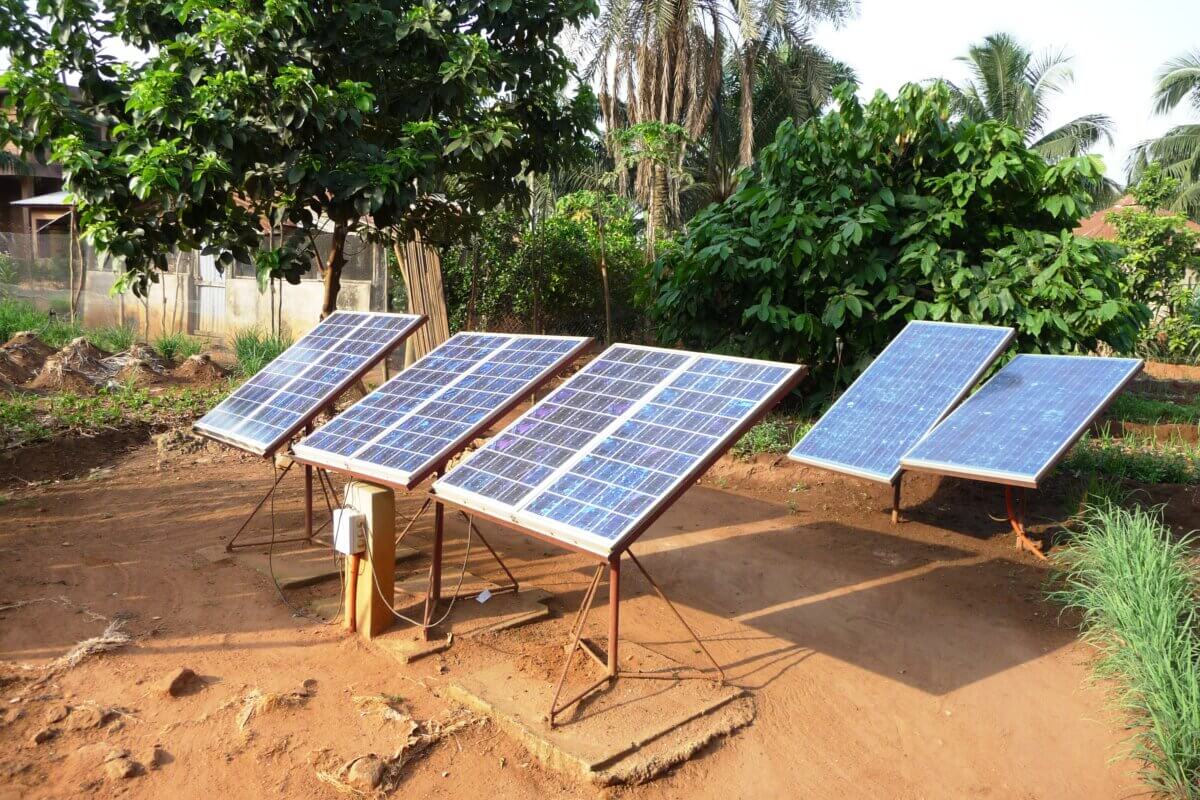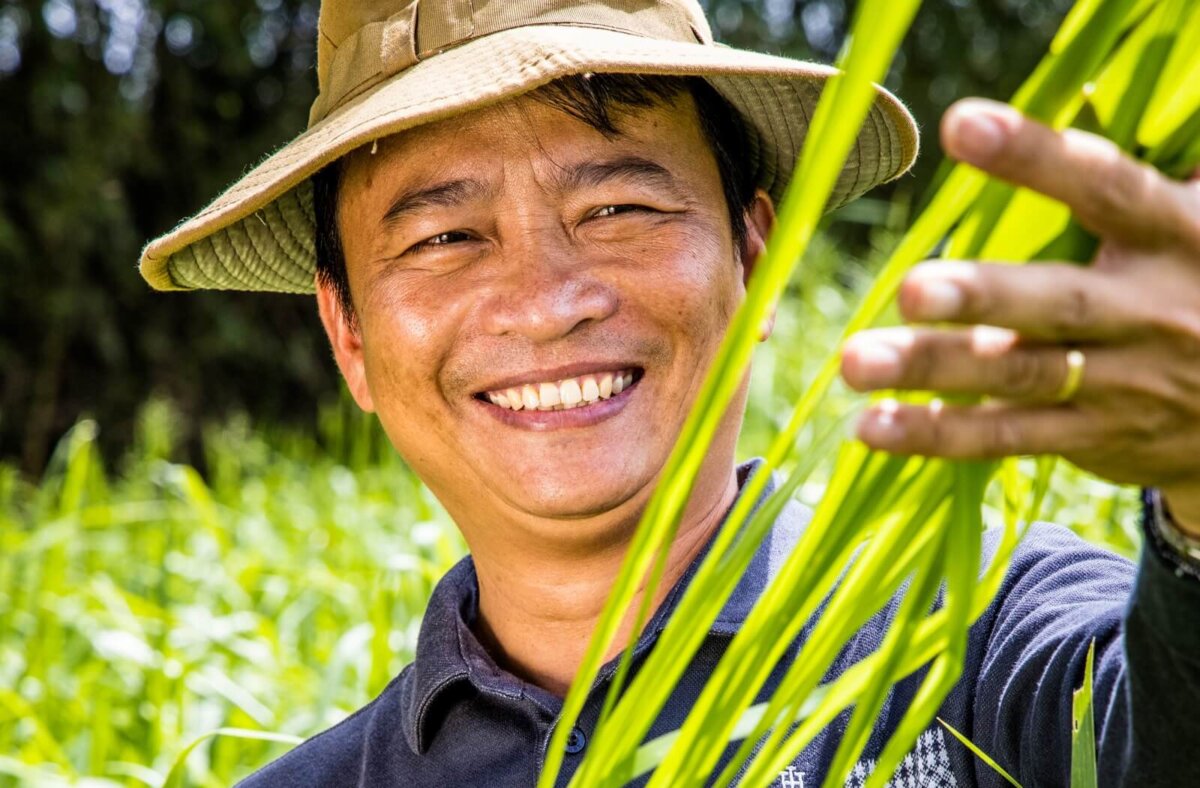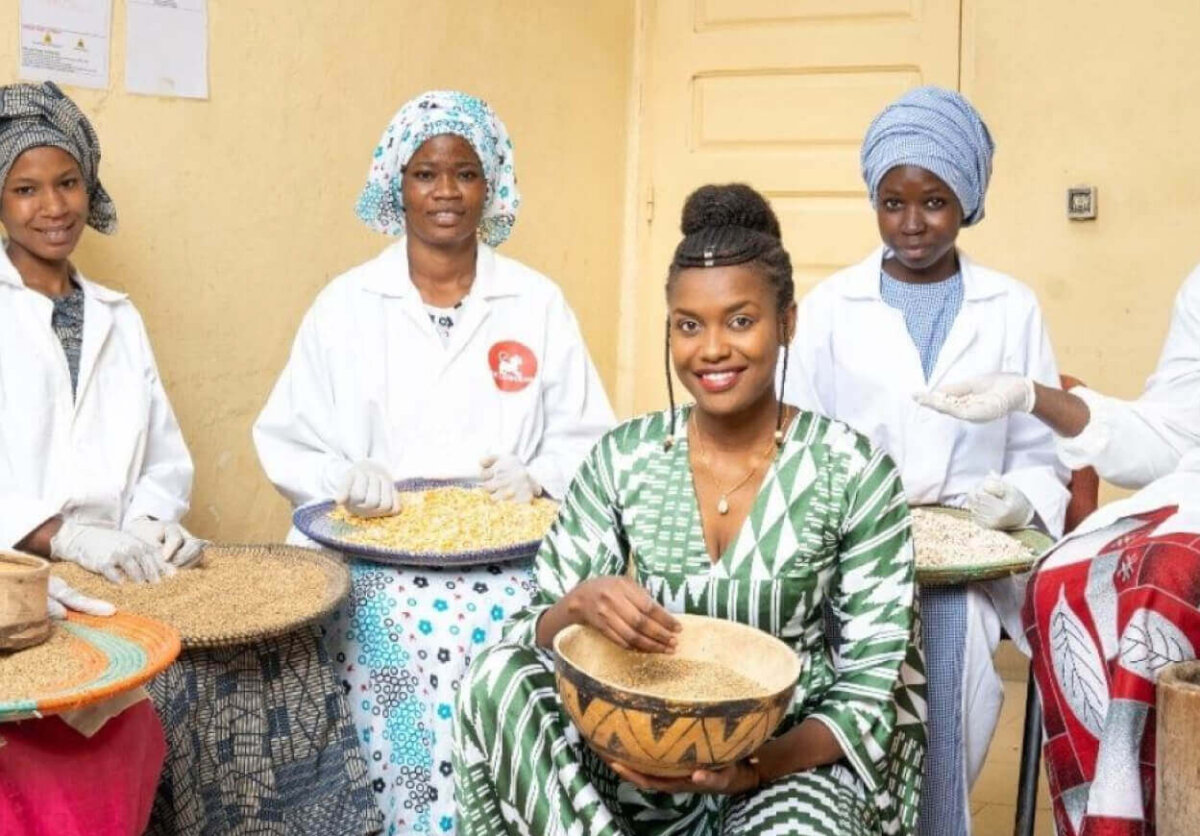Impact Areas
In all projects and business ecosystems PUM keeps in mind certain impact areas. These include strengthening entrepreneurship and business ecosystems, intensifying social dialogue, promoting gender equality and women’s empowerment, fostering youth entrepreneurship and employment, contributing to climate change mitigation and adaptation efforts, contributing to food security, and driving digitalisation and innovation.
Business ecosystems
The key players within a business ecosystem include entrepreneurs (SMEs and other businesses), organisations that support these businesses, and institutions like educational institutes, employers’ organisations and government agencies. PUM coordinates activities with various clients within a business ecosystem to realise sustainable impact through replication, collaboration, and cross-fertilisation.
Working within ecosystems is not an end in itself, it serves as a means to achieve shared objectives. Each ecosystem is unique and will have specific goals depending on the business environment, type of entrepreneurs and challenges. The significance lies in the collaboration among different players, fostering mutual growth, knowledge sharing and exchanging innovative ideas, while also strengthening the relationships with suppliers and customers, and improving conditions for entrepreneurs.

Social dialogue
PUM offers a wealth of expertise in guiding social dialogue development in emerging economies. Practical examples indicate that social dialogue is a powerful way to achieve balanced relationships between employers, employees, and governments, providing a fertile ground for business growth and job creation. PUM experts establish long-term relationships with clients to work on building trust with stakeholders, fostering the development of social dialogue. It’s a process, not just a project.

Entrepreneurship

Gender equality and women's empowerment

Youth entrepreneurship and employment

Climate change mitigation and adaptation

Food security

Digitalisation and innovation




